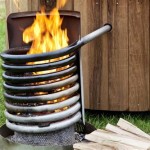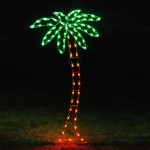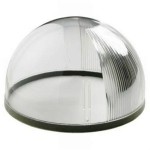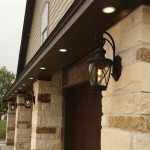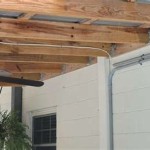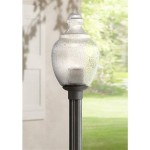Essential Aspects of LED Light Strips for Outdoor Use
LED light strips are versatile and energy-efficient lighting solutions that have become increasingly popular for outdoor applications. To ensure optimal performance and longevity when using LED light strips outdoors, it's crucial to consider several essential aspects that will affect their durability, functionality, and aesthetic appeal.
This article will delve into the key factors that determine the effectiveness of LED light strips for outdoor use. We'll explore their IP rating, voltage requirements, weather resistance, color temperature and brightness, installation techniques, and maintenance considerations.
IP Rating: Ingress Protection
The IP rating, often denoted as IP followed by two digits, indicates the level of protection a light strip has against water and dust intrusion. A higher IP rating, such as IP65 or IP67, is recommended for outdoor use as it ensures the light strip can withstand rain, splashes, and dust.
Voltage Requirements: AC or DC
LED light strips operate on either AC (alternating current) or DC (direct current). AC light strips require a transformer to convert the household voltage to the appropriate voltage for the strip, while DC light strips connect directly to a low-voltage power source. For outdoor use, DC light strips are generally preferred due to their lower voltage and safer operation in wet environments.
Weather Resistance: Sun Exposure and Temperature
Outdoor light strips must be able to withstand harsh weather conditions such as UV rays from sunlight and extreme temperatures. Look for light strips with UV-resistant coatings and a wide operating temperature range to ensure they won't fade or malfunction due to weather exposure.
Color Temperature and Brightness: Desired Ambiance
The color temperature of an LED light strip refers to the hue of the emitted light, ranging from warm white to cool white. Choose a color temperature that complements the desired ambiance. Additionally, consider the brightness of the light strip, as it will determine the overall illumination level.
Installation Techniques: Secure and Durable
Proper installation is essential for the longevity of outdoor LED light strips. Use weather-resistant mounting hardware and ensure the strips are securely attached to the desired surface. Consider using waterproof connectors for joints and seal any exposed wires to prevent water damage.
Maintenance Considerations: Regular Cleaning and Inspections
Regular cleaning and inspections will help prolong the lifespan of outdoor LED light strips. Clean the strips with a damp cloth to remove dirt and debris, and periodically check for any loose connections or damage. By following these maintenance tips, you can ensure your LED light strips continue to illuminate your outdoor space for years to come.
Conclusion
When choosing and installing LED light strips for outdoor use, it's essential to prioritize factors such as IP rating, voltage requirements, weather resistance, color temperature and brightness, installation techniques, and maintenance considerations. By carefully considering these aspects, you can create an attractive and functional outdoor lighting solution that will enhance your outdoor space while providing years of reliable operation.

Color Changing Waterproof Strip Lights For Outdoor Landscape Lighting

The Complete Guide To Outdoor Led Strip Lights Lighting Access

Color Changing Waterproof Strip Lights For Outdoor Landscape Lighting

Govee Rgbic 36 Watt Equivalent 32 8 Ft Integrated Led Smart Color Changing Outdoor Black Wi Fi Enabled Strip Light 1 H6172ad1 The Home Depot

Ip67 Outdoor Non Flexible Osram Led Linear Lights

Color Changing Waterproof Strip Lights For Outdoor Landscape Lighting

120v Led Light Strips Long Run For Indoors And Out Ledsupply Blog

Ac 110v 220v High Voltage Outdoor Rgb Led Strip 10m 100m

Monster Led 16 4ft Outdoor Indoor Light Strip With Remote Multi Color White Com

Advantages Of Outdoor Led Lighting
Related Posts
